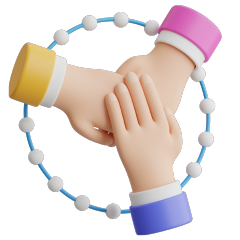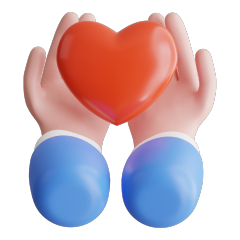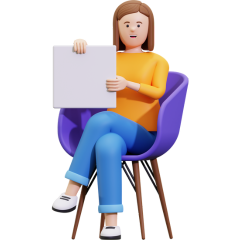NDIS support after stroke: How Jane found stability through care and friendship
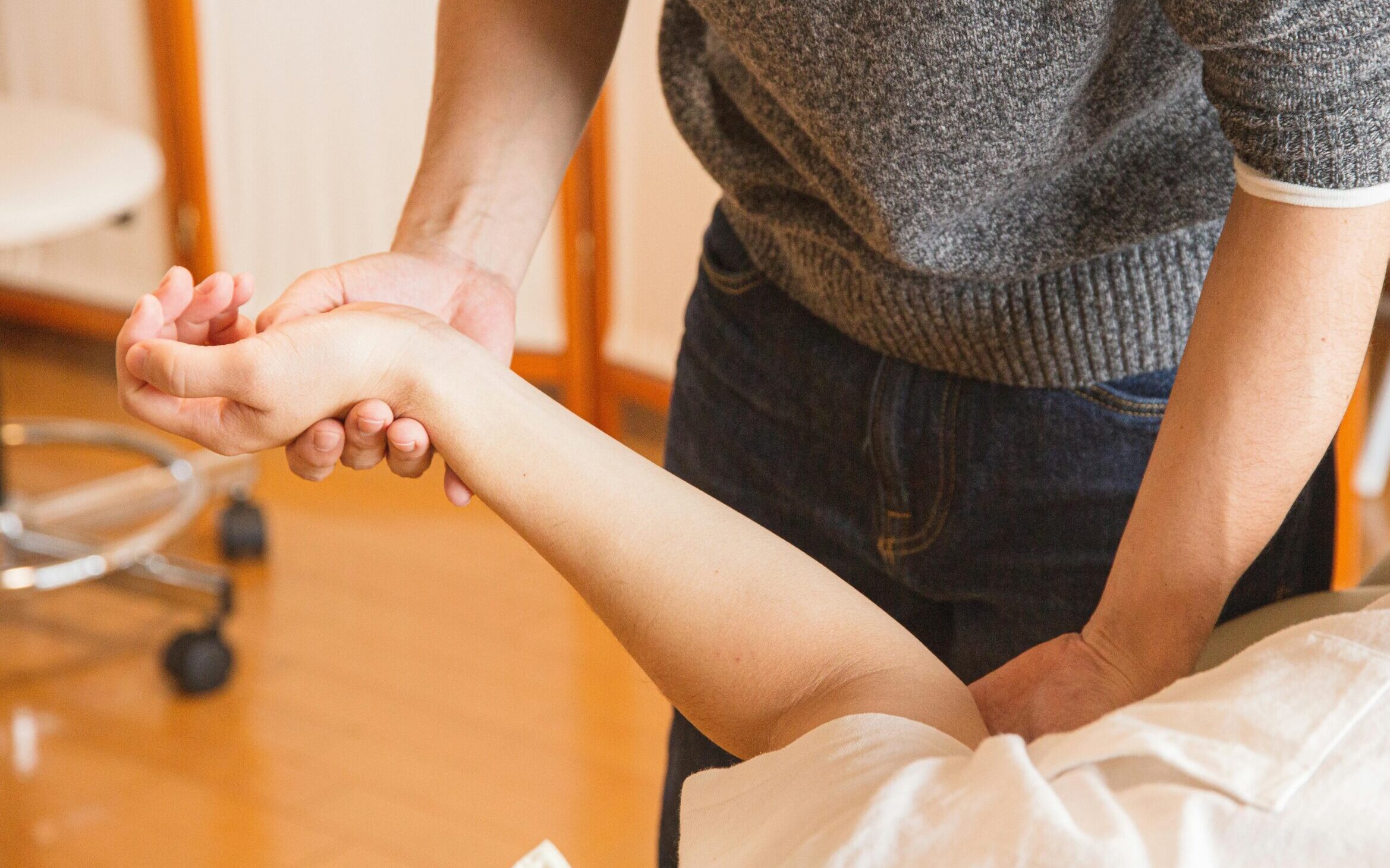
Jane’s story shows how NDIS support after stroke can provide consistent, person-centred care at home, helping her rebuild confidence and stability.
Table of Contents
Jane* was living independently when a sudden stroke left her needing full-time care. She spent six months in hospital, emerging with significant impairments to her speech and mobility. The recovery would take time. To make matters even more challenging, she didn’t have family in Australia to support her through the recovery process.
Enter Rob and Leora Healthcare. Rob and Jane met at university in the UK and remained close even after they moved to Australia, years apart. Even before her stroke, Jane had listed Rob as her next of kin during a routine hospital procedure.
Neither expected that decision to evolve into guardianship, but when Jane became an NDIS participant, it was Rob who coordinated her care and ensured she could return to a stable, supported home life.
“She doesn’t have family here, so I took on that role. We’ve been friends for ages,” Rob shares.
Receiving the right NDIS support after stroke
From the beginning of Jane’s recovery journey, she received disability support through Leora Healthcare. Rob didn’t hand-pick the provider, but he was already familiar with Leora’s reputation.

Jane now receives daily support at home. Support workers from Leora assist with her personal care, domestic tasks and community access, including appointments, grocery trips and social activities. It’s the kind of structured, dependable routine that helps rebuild confidence and independence after a life-changing health event. Rob coordinates Jane’s care with the assistance of Leora Care Coordinator Lourdes.
“The communication I’ve had with the office team has been really good,” Rob explains.
Behind the scenes: Communication and coordination that matters
Rob credits the Leora team not only for their consistency but for their proactive, thoughtful communication.
Lourdes, Jane’s current Care Coordinator, keeps him informed of everything from practical matters to small changes in routine. When support workers noticed signs of pests in Jane’s kitchen, for example, Rob was notified quickly and in turn was able to take action.
“I’m pretty pleased, you know. I’m really happy that Leora are just dependable, day in, day out. There’s a support worker there when they said they’re going to be. That’s great,” says Rob.
He also acknowledges Dianne, Jane’s previous Care Coordinator who is now a Care Manager, who helped ensure a smooth and consistent transition. That continuity, he says, has been a real comfort.
Slow but steady recovery
Jane’s stroke left her with significant speech difficulties, which remain her biggest challenge. But progress is happening. Rob says their FaceTime chats have improved dramatically.
In the beginning, conversation was mostly guesswork. These days, Jane can express herself more clearly, even if she still needs time.
“She’ll try to say something, and I’ll go: ‘are you talking about the physio? The support worker? The neighbour downstairs?’. But she’s definitely gotten better and her vocabulary is increasing. It’s easy to have a normal conversation with her now than it used to be. We want to carry on in that trajectory,” Rob observes.
Her biggest goal was to remain in her own home, safely and with support. That, Rob says, has already been achieved. “Her home life is more stable, she’s in her own space and she’s continuing to grow in confidence.”
Jane’s creative life continues
Before her stroke, Jane worked as a graphic designer, a role that shaped her sense of self. And while her career has paused, her creativity hasn’t.
These days, she spends time making collages. They’re vivid, textured and full of personality. Rob has shared some of her recent pieces with the Leora team—artworks that speak to her ongoing sense of colour, composition and joy.
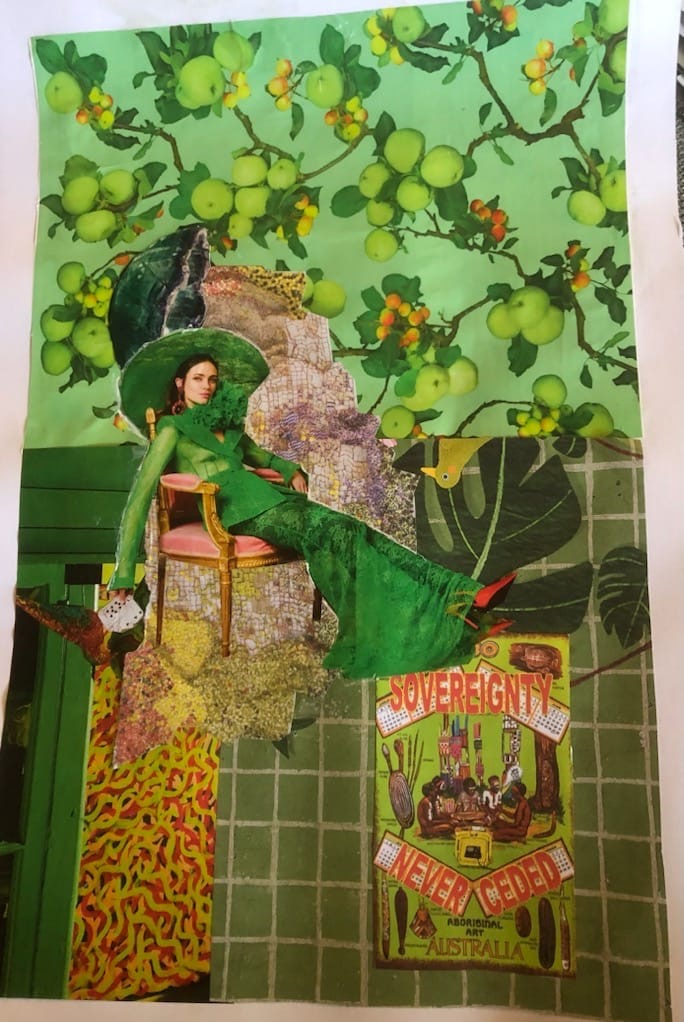

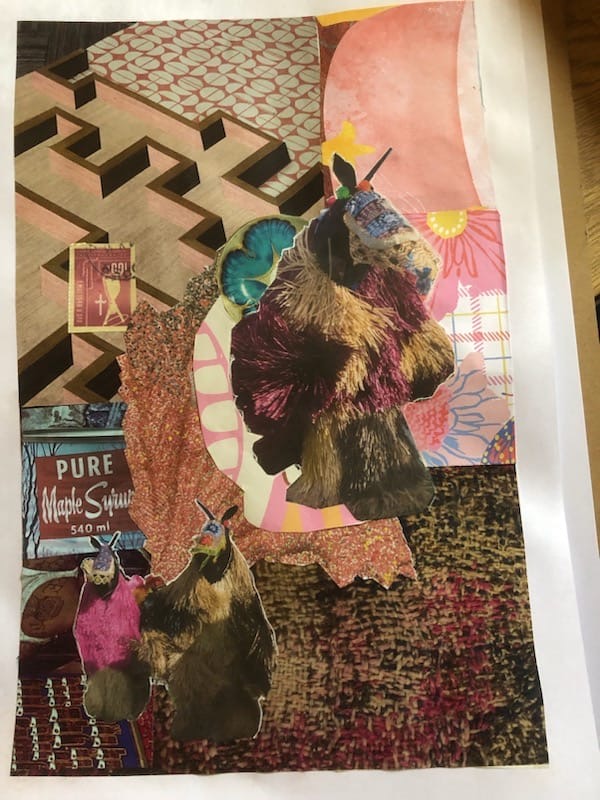
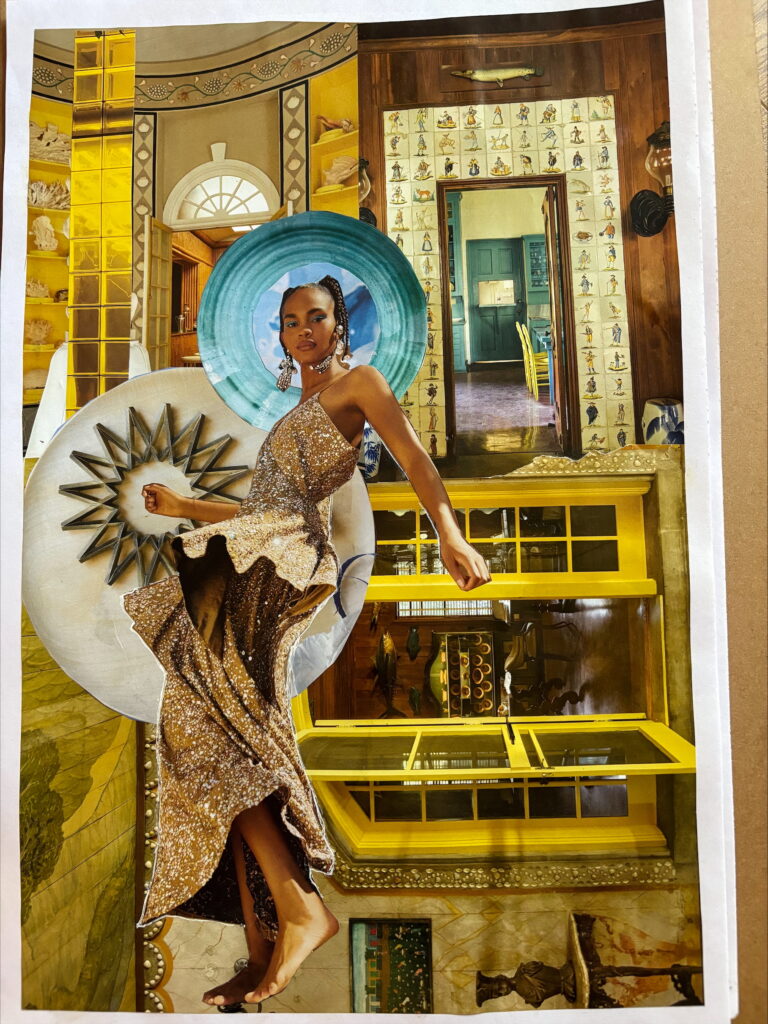
Jane’s collages, made during her recovery at home. A former graphic designer, Jane continues to express herself through bold colour, layered textures and striking visual contrasts.
“She’s still got the eye,” Rob says. “She always had a great sense for layout, and that hasn’t gone away.”
*Note: Jane’s name has been changed for privacy.
Personalised NDIS support for stroke recovery by Leora
Leora provides NDIS-funded disability support for people recovering from stroke. Whether it’s help with personal care, daily routines or community access, our team works with you to build a care plan that fits your needs.
